Nose Piercings – What to Consider Before Getting Pierced
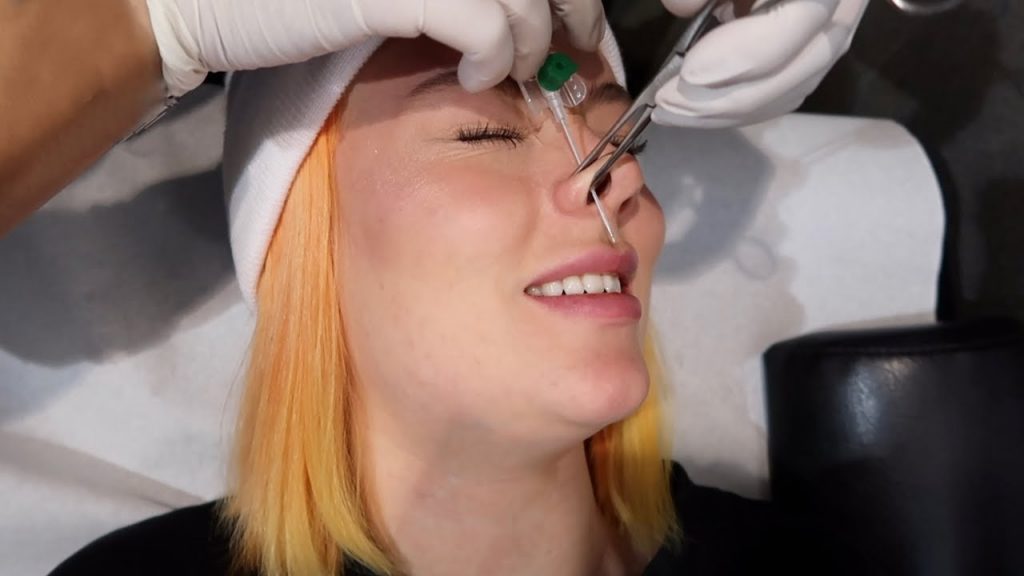
The popularity of nose piercings has increased rapidly in recent years, to a point where now it is almost as popular as getting your ears pierced. There are a few notable differences between ear and nose piercings.
Firstly, the most significant difference between nose and ear piercings is pain. Nose piercings hurt—a lot. But what about finding a reputable piercing professional, or choosing the best type of metal for your skin type?
Read on to find out all the tips and tricks to ensuring your nose piercing procedure runs smoothly:
Ouch! That Hurts!
Piercings hurt—end of. Anyone who says piercings don’t hurt is merely lying. They’re not natural. It’s essentially an injury. Injuries hurt! Like any piercing, you can expect some moderate to high pain when you get a nose ring. However, a professional, experienced piercer can seriously reduce the amount of anguish you feel.
The president of the Association of Professional Piercers (APP), Jef Saunders, says that the vast majority of piercings can compare to the same type of pain as having your eyebrows waxed or getting an injection in your arm.
What types of Nose Piercings?
Saunders describes that there are three main types of nose piercing that people get:
- A traditional nose piercing through the outer nostril
- A piercing through the central septum
- A piercing in the high nostril
Tips for Minimizing Piercing Pain
There are a few things you can do to minimize the pain commonly experienced during piercings. Firstly, do not get a piercing on an empty stomach.
The pain experienced during a piercing can cause the body to burn more glucose. If you are hungry, it can mean that you can start to feel dizzy or faint. Good advice for minimizing pain is to stay calm, breath slowly and deeply in the minutes before the procedure. Listen carefully and follow your piercer’s instructions.
What Are the Best Types of Metal for Piercings?
The APP has a list of recommended metals that should be used for piercings. When choosing jewelry for your piercing, make sure it is made of one of these materials:
- Gold – 14k or 18k solid gold will always be the number one choice for people who want the best quality material for their piercing.
- Implant-grade steel – make sure you note the difference between implant grade steel and ‘surgical grade’ steel. Implant grade is the more reliable grade of steel to use.
Whatever you decide to choose, speak to a qualified professional to get the best advice.


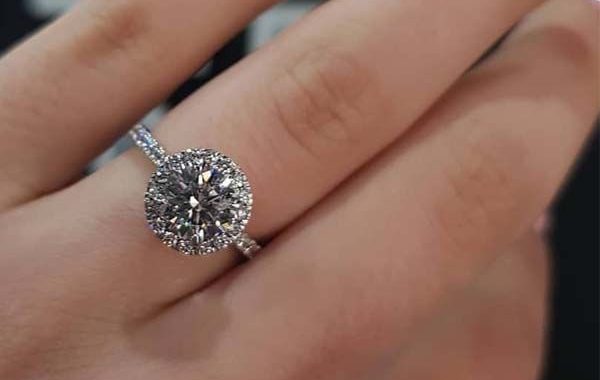 Fun Facts About Diamond Ring
Fun Facts About Diamond Ring 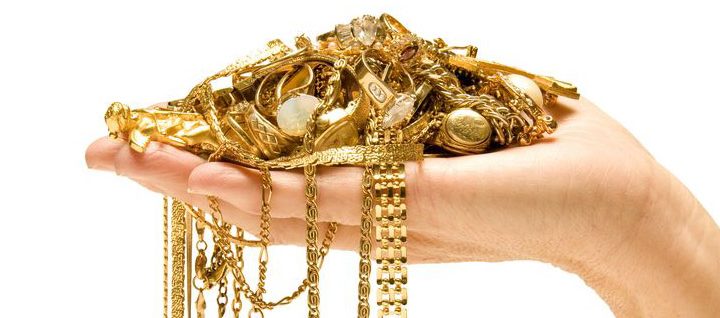 How to earn money With Old Jewellery
How to earn money With Old Jewellery 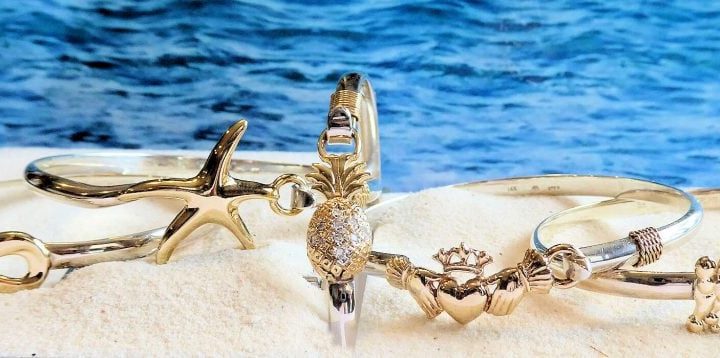 Wholesale Sterling Jewellery – Close-guarded Strategies
Wholesale Sterling Jewellery – Close-guarded Strategies  Targeting Customers Moods When Selling Jewellery
Targeting Customers Moods When Selling Jewellery 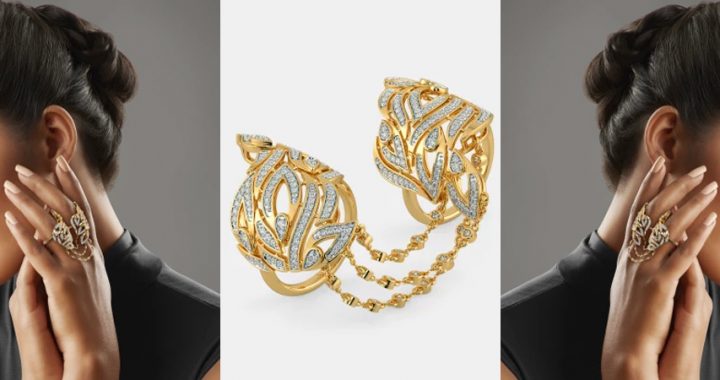 Features and Care Tips of contemporary Fashion Jewellery
Features and Care Tips of contemporary Fashion Jewellery  The Monster Blunder You’ll Make When Purchasing Jewellery
The Monster Blunder You’ll Make When Purchasing Jewellery  Debunking the Myth: Is Bonded Leather Truly Sustainable?
Debunking the Myth: Is Bonded Leather Truly Sustainable? 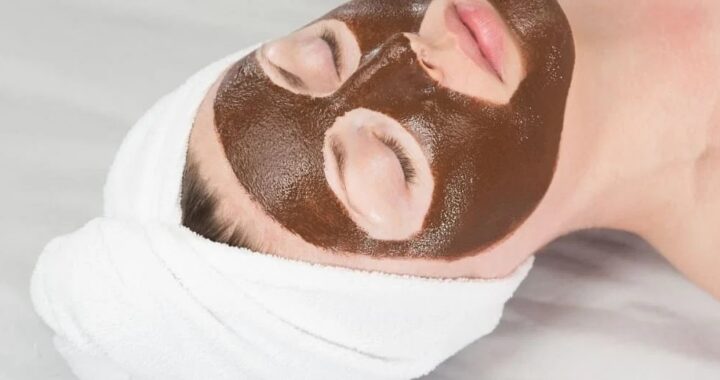 Your Ultimate Guide to Everything About Face Packs
Your Ultimate Guide to Everything About Face Packs  Cultural Delight: African Fabric Baskets Illuminate Homes With Artistic Flair
Cultural Delight: African Fabric Baskets Illuminate Homes With Artistic Flair  A Guide to The Most Important Office Stationery for Offices
A Guide to The Most Important Office Stationery for Offices